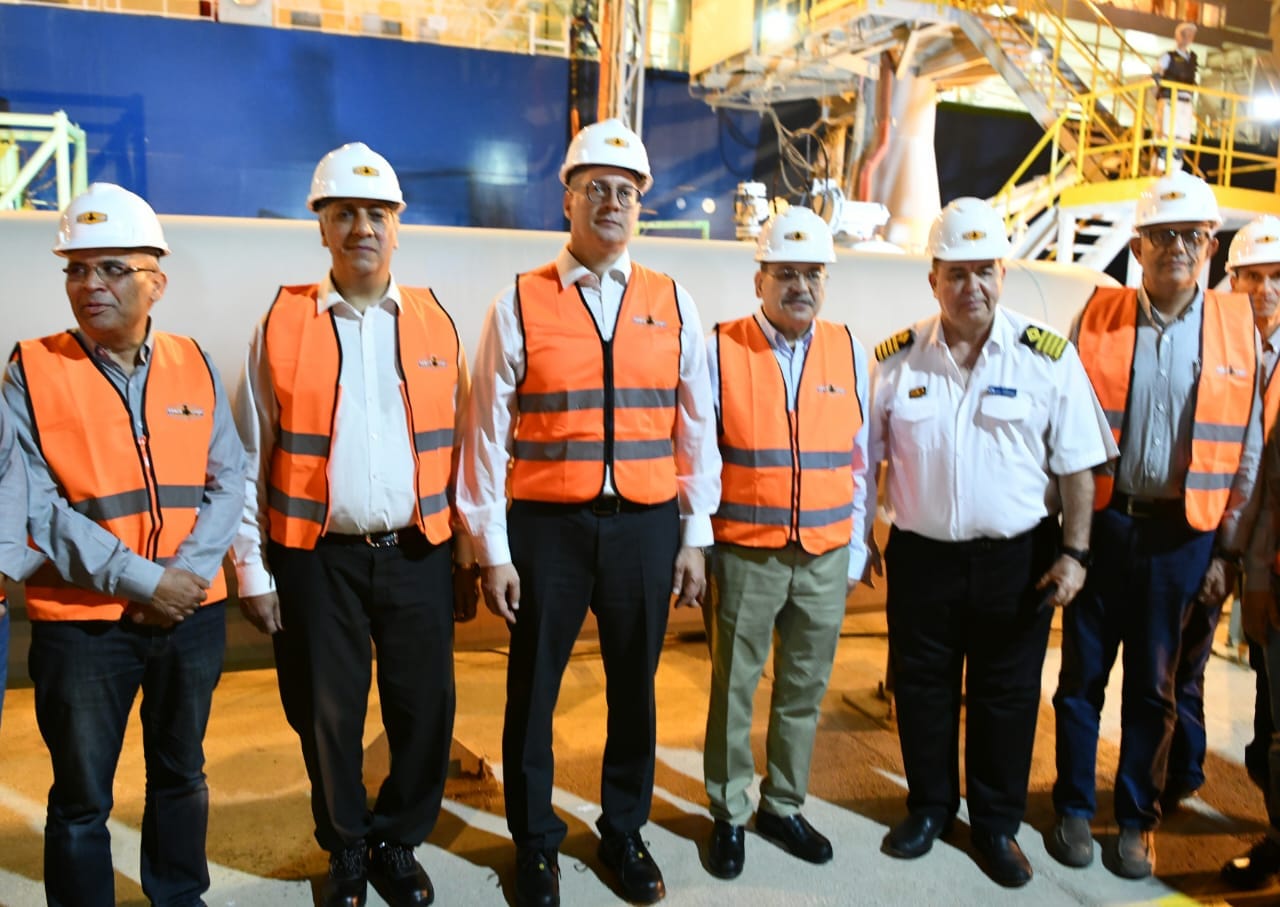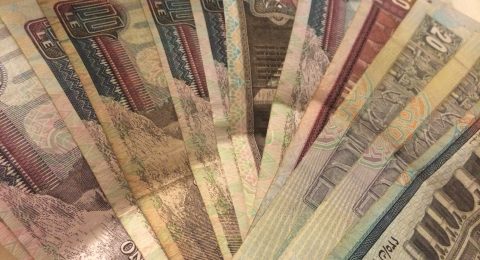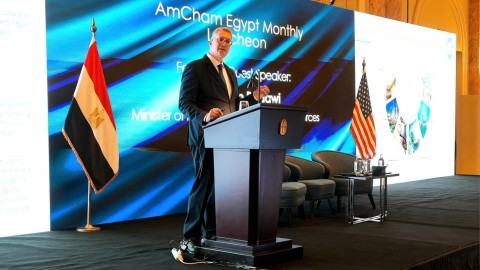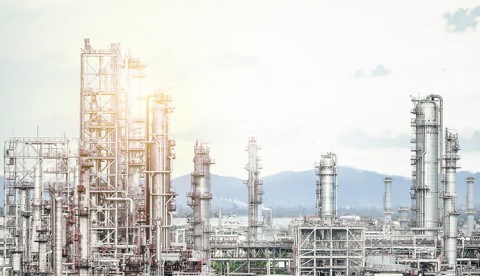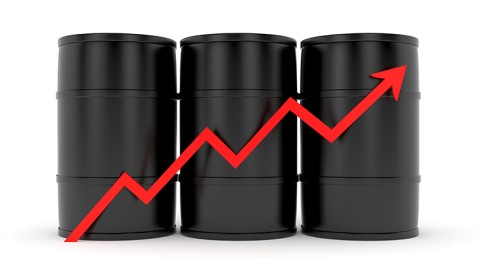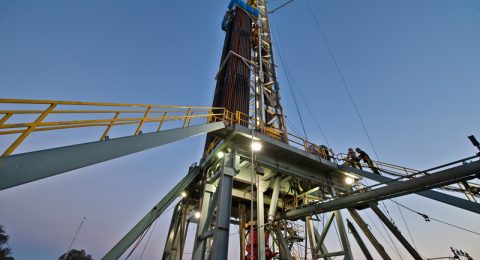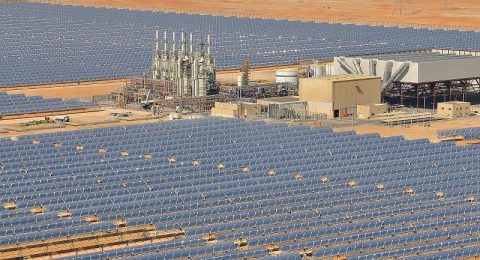Minister of Petroleum and Mineral Resources Karim Badawi has inspected the facilities of the Arab Petroleum Pipelines Company (SUMED) in the port of Ain Sokhna, the main control unit in the port, the marine piers, the imported natural gas facilities points, the gasification ship, and the diesel reception.
Badawi stated that the visit comes within the framework of the government’s program to end the period of reducing electrical loads, which provided it with the necessary financial support. He pointed out that the facilities available at the port are one of the important infrastructure facilities that the petroleum sector relies on in achieving plans to stabilize and secure fuel supplies to the local market.
The port is also one of the important forms of Arab economic integration, which adds vital advantages thanks to the strategic geographical location between the oil production areas in the Arabian Gulf and Egypt; in addition to its transportation to the Mediterranean Sea and global markets via pipelines.
This gives producers and consumers multiple benefits, the most important of which is reducing transportation time, reducing shipping costs per ton, and increasing the flexibility of operations in light of the continuous integration between SUMED and the Suez Canal, the artery of global trade.
Badawi praised the employees for the efforts provided, stressing that all support would be provided by the Ministry for these efforts
The minister highlighted the importance of applying all occupational safety and health standards and environmental protection
In a presentation on the facilities of the SUMED Petroleum Zone Mohamed Abdelhafez, SUMED Chairman and Managing Director, stated that SUMED company’s heritage extends over fifty years since 1974, during which it transported 3.5 billion tons of crude oil and more than 100 million tons of petroleum products.
The company has an important strategic dimension in securing Egypt’s needs for crude oil, petroleum products and natural gas, and its shareholders (Egypt, Saudi Arabia, Kuwait, the Emirates and Qatar) have provided it with the ability to continuously develop and increase its capacity from 40 million tons annually in April 1974 to 117 million tons annually currently.
